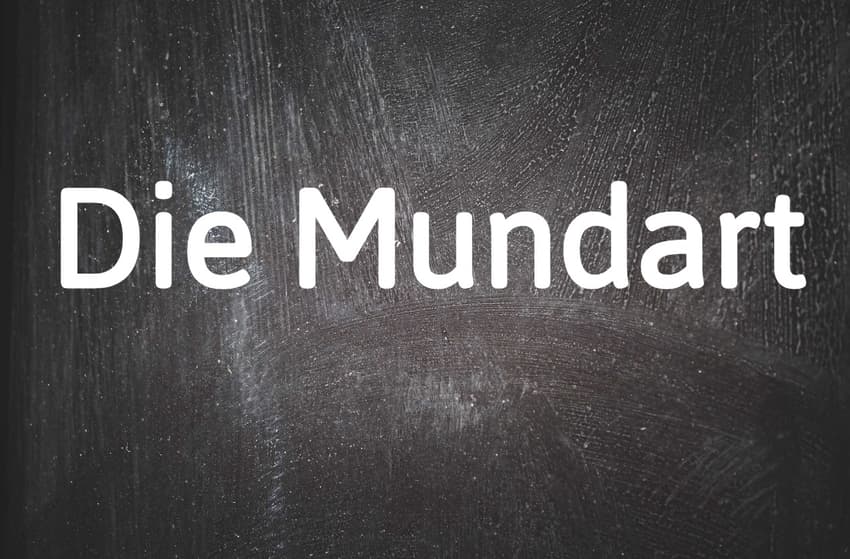German word of the day: Die Mundart

Today’s word of the day can lead to many misunderstandings throughout Austria.
Even though people speak German in Austria, there still can be large differences in the ways people speak compared to High German - and even between different parts of the country.
That is because of the different Mundarten.
Mundart means “dialect”, but directly translates to “mouth type” or “mouth manner.” Hence, it is a word for different regional manners of speaking German.
The word has been around for a while: First reports date back to the 17th century. Who exactly used the word first isn’t quite clear, but two of the earliest sources are from the German poet Philipp von Zesen.
It is said that von Zesen translated the Greek word for dialect (diálektos) directly into German – its previous German equivalent was Mundart.
Nowadays, the word Mundart isn’t all that common anymore, though. Most people just say Dialekt.
Example:
In der Österreichischen Mundart sagt man nicht “Hallo”, sondern “Servus.”
In the Austrian dialect you don’t say Hallo, but Servus.
Comments
See Also
Even though people speak German in Austria, there still can be large differences in the ways people speak compared to High German - and even between different parts of the country.
That is because of the different Mundarten.
Mundart means “dialect”, but directly translates to “mouth type” or “mouth manner.” Hence, it is a word for different regional manners of speaking German.
The word has been around for a while: First reports date back to the 17th century. Who exactly used the word first isn’t quite clear, but two of the earliest sources are from the German poet Philipp von Zesen.
It is said that von Zesen translated the Greek word for dialect (diálektos) directly into German – its previous German equivalent was Mundart.
Nowadays, the word Mundart isn’t all that common anymore, though. Most people just say Dialekt.
Example:
In der Österreichischen Mundart sagt man nicht “Hallo”, sondern “Servus.”
In the Austrian dialect you don’t say Hallo, but Servus.
Join the conversation in our comments section below. Share your own views and experience and if you have a question or suggestion for our journalists then email us at [email protected].
Please keep comments civil, constructive and on topic – and make sure to read our terms of use before getting involved.
Please log in here to leave a comment.